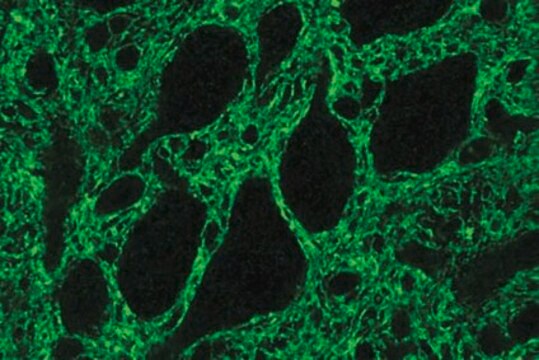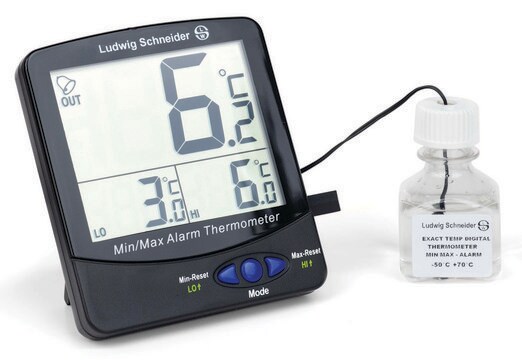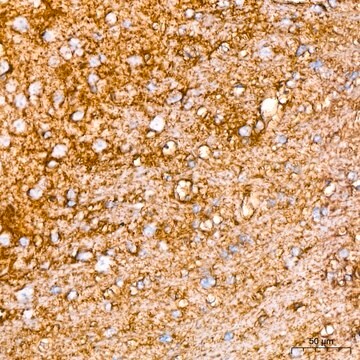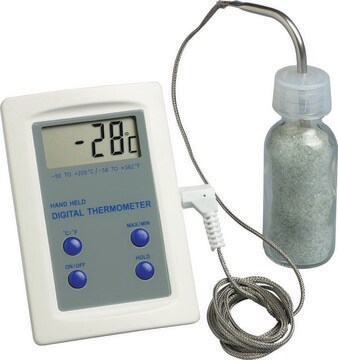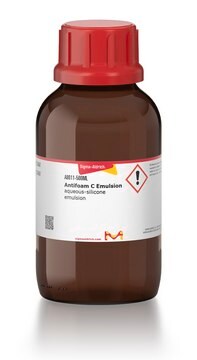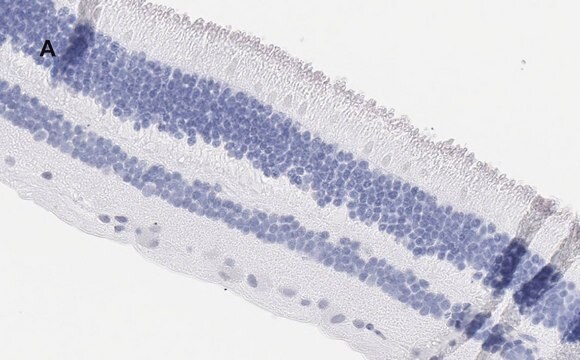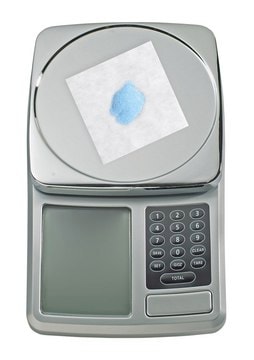ZRB1630
Anti-EAAT2 Antibody, clone 1K8 ZooMAb® Rabbit Monoclonal

recombinant, expressed in HEK 293 cells
Synonym(s):
Excitatory amino acid transporter 2, Glutamate/aspartate transporter II, Sodium-dependent glutamate/aspartate transporter 2, Solute carrier family 1 member 2
About This Item
Recommended Products
biological source
rabbit
Quality Level
recombinant
expressed in HEK 293 cells
conjugate
unconjugated
antibody form
purified antibody
clone
recombinant monoclonal
product line
ZooMAb® learn more
form
lyophilized
mol wt
calculated mol wt 62.1 kDa
observed mol wt ~58 kDa
species reactivity
mouse, rat, human
packaging
antibody small pack of 25 μL
greener alternative product characteristics
Waste Prevention
Designing Safer Chemicals
Design for Energy Efficiency
Learn more about the Principles of Green Chemistry.
enhanced validation
recombinant expression
Learn more about Antibody Enhanced Validation
sustainability
Greener Alternative Product
technique(s)
affinity binding assay: suitable
immunocytochemistry: suitable
immunohistochemistry: suitable
western blot: suitable
isotype
IgG
UniProt accession no.
greener alternative category
shipped in
ambient
storage temp.
2-8°C
target post-translational modification
unmodified
General description
Each ZooMAb antibody is manufactured using our proprietary recombinant expression system, purified to homogeneity, and precisely dispensed to produce robust and highly reproducible lot-to-lot consistency. Only top-performing clones are released for use by researchers. Each antibody is validated for high specificity and affinity across multiple applications, including its most commonly used application. ZooMAb antibodies are reliably available and ready to ship when you need them.
Learn more about ZooMAb here.
Specificity
Immunogen
Application
Western Blotting Analysis: A 1:1,000 dilution of this antibody detected EAAT2 in Rat Brain tissue lysate.Tested applicationsWestern Blotting Analysis: A 1:1,000 dilution from a representative lot detected EAAT2 in human and mouse Brain tissue lysates.Affinity Binding Assay: A representative lot of this antibody bound EAAT2 peptide with a KD of 5.8 x 10-7 in an affinity binding assay.Immunocytochemistry Analysis: A 1:100 dilution from a representative lot detected EAAT2 in Rat astrocytes.Immunohistochemistry (Paraffin) Analysis: A 1:1,000 dilution from a representative lot detected EAAT2 in human brain and rat brain tissue sections.Note: Actual optimal working dilutions must be determined by end user as specimens, and experimental conditions may vary with the end user
Target description
Physical form
Reconstitution
Storage and Stability
Legal Information
Disclaimer
Storage Class Code
11 - Combustible Solids
WGK
WGK 1
Flash Point(F)
Not applicable
Flash Point(C)
Not applicable
Certificates of Analysis (COA)
Search for Certificates of Analysis (COA) by entering the products Lot/Batch Number. Lot and Batch Numbers can be found on a product’s label following the words ‘Lot’ or ‘Batch’.
Already Own This Product?
Find documentation for the products that you have recently purchased in the Document Library.
Our team of scientists has experience in all areas of research including Life Science, Material Science, Chemical Synthesis, Chromatography, Analytical and many others.
Contact Technical Service